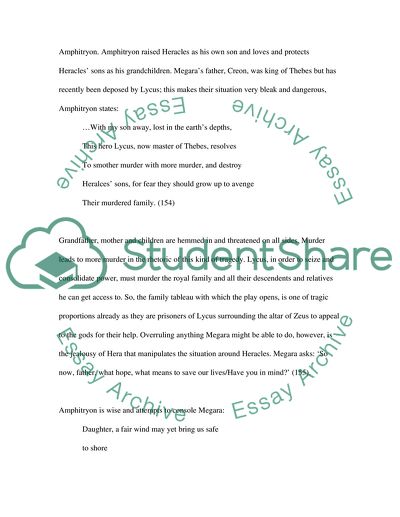Cite this document
(The Function of Conflict in Euripides' Heracles Essay, n.d.)
The Function of Conflict in Euripides' Heracles Essay. Retrieved from https://studentshare.org/literature/1540440-ancient-epic-and-tragedy
The Function of Conflict in Euripides' Heracles Essay. Retrieved from https://studentshare.org/literature/1540440-ancient-epic-and-tragedy
(The Function of Conflict in Euripides' Heracles Essay)
The Function of Conflict in Euripides' Heracles Essay. https://studentshare.org/literature/1540440-ancient-epic-and-tragedy.
The Function of Conflict in Euripides' Heracles Essay. https://studentshare.org/literature/1540440-ancient-epic-and-tragedy.
“The Function of Conflict in Euripides' Heracles Essay”. https://studentshare.org/literature/1540440-ancient-epic-and-tragedy.


